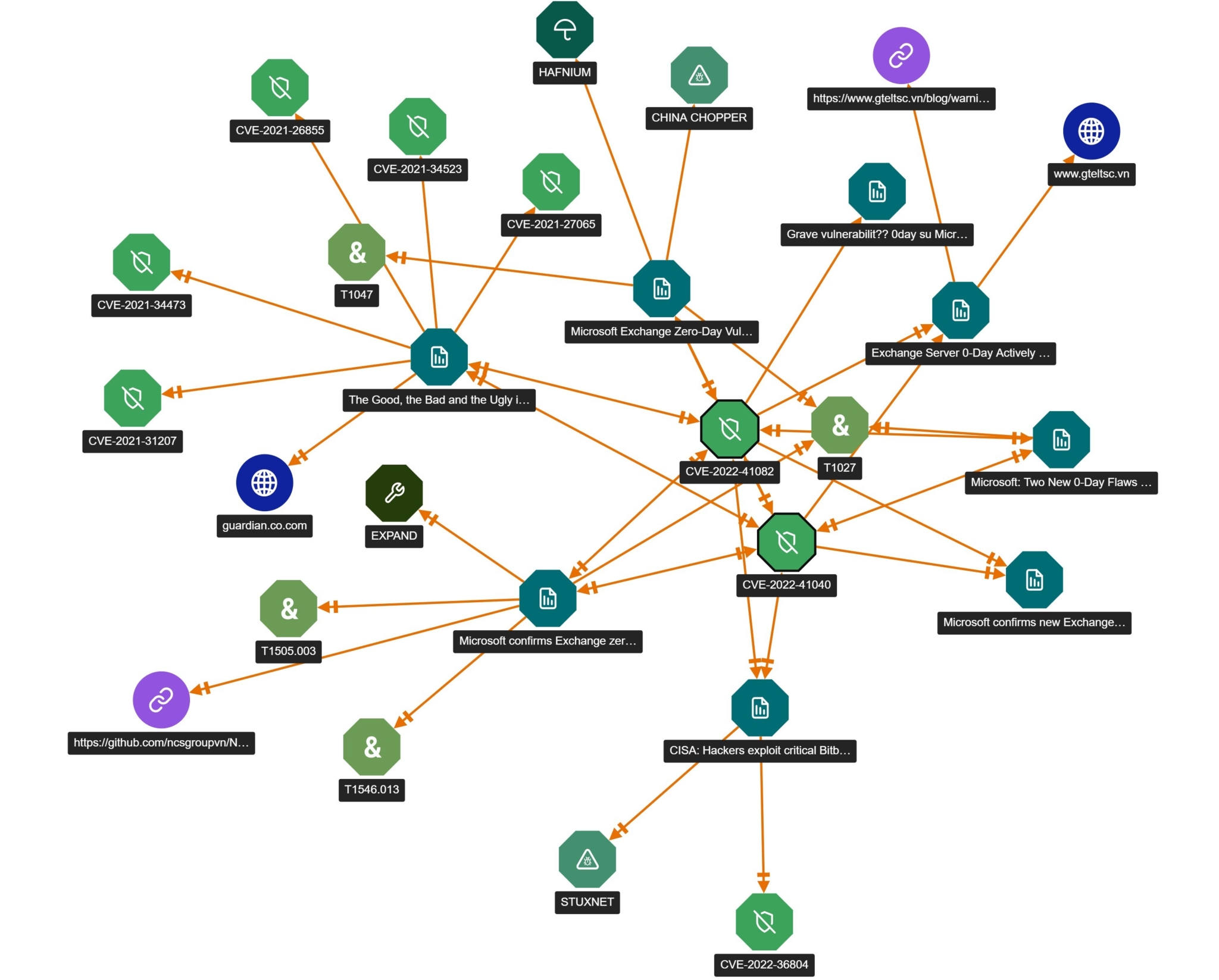DOJ's Proposed Google Changes: A Threat To User Trust?

Table of Contents
Antitrust Concerns and the Impact on Competition
The DOJ's antitrust concerns center on Google's alleged monopolistic practices across various sectors. Their dominance in search, Android mobile operating systems, and online advertising is seen as stifling competition and harming consumers. Reduced competition can lead to several negative consequences:
- Examples of Google's Market Dominance: Google holds a staggering market share in global search, with over 90% in many countries. Its Android operating system dominates the mobile market, giving it significant control over app distribution and mobile advertising. Google Ads holds a similarly large share of the online advertising market.
- Potential Consequences of Less Competition: Less competition can result in higher prices for consumers, reduced innovation as companies lack the incentive to improve, and a decrease in the quality and diversity of services. This lack of choice ultimately limits consumer power.
- Specific Google Products and Services Affected: The DOJ's actions affect core Google products and services like Google Search, Google Ads, the Android operating system, and the Google Play Store.
- Relevant Case Law and Regulatory Actions: This isn't the first time Google has faced antitrust scrutiny. Previous cases and ongoing investigations worldwide highlight the ongoing debate surrounding the company's market power and its implications.
Data Privacy Implications of Proposed Changes
The DOJ's proposed changes may have significant ramifications for user data privacy. While the specific proposals are complex and constantly evolving, analyzing their potential impact is critical.
- How Google's Data Collection Practices Work: Google collects vast amounts of user data through its search engine, Android devices, and other services. This data is used to personalize advertising, improve services, and target specific demographics.
- Potential Vulnerabilities Created or Mitigated: The DOJ's actions may lead to either increased or decreased data collection depending on the specific remedies imposed. Increased transparency might be beneficial, but it could also expose users to new risks.
- Relevant Privacy Regulations: The implications must be viewed in light of existing regulations like the General Data Protection Regulation (GDPR) in Europe and the California Consumer Privacy Act (CCPA) in the United States.
- Public Perception of Google's Data Handling: Public trust in Google's data handling practices is already fragile. The DOJ's actions could further erode this trust, or potentially rebuild it depending on the outcome.
The Effect on Search Results and User Experience
One of the most significant concerns is the potential impact of the DOJ's proposed changes on the objectivity and quality of Google search results.
- Google's Current Search Algorithm and Potential Changes: Google's algorithm is complex and proprietary. Changes imposed by the DOJ might inadvertently introduce bias or alter the ranking system, affecting the information users access.
- Concerns About Manipulation of Search Results: There are ongoing concerns about the potential for manipulation of search results, both organically and through paid advertising. The DOJ's interventions aim to address these concerns, but the unintended consequences remain a concern.
- Potential Impacts on User Experience and Satisfaction: Altered search results could negatively impact user experience by making it harder to find relevant and accurate information, reducing user satisfaction, and potentially hindering access to diverse perspectives.
- Examples of Search Bias or Manipulation: Examples of past instances of alleged search bias or manipulation, whether intentional or unintentional, highlight the potential risks inherent in the current system.
Public Opinion and the Erosion of Trust
Public perception of Google and the DOJ's actions significantly impacts user trust. Negative news coverage and public discourse play a crucial role in shaping opinions.
- Relevant Poll Data or Surveys: Public opinion polls and surveys regularly assess user trust in Google and other tech giants. Analyzing these trends reveals the impact of the DOJ's actions on this trust.
- Impact of Negative News Coverage on User Trust: Negative media coverage of Google's practices, combined with the DOJ's actions, inevitably erodes public confidence.
- Long-Term Consequences of Lost User Trust: Lost user trust can have significant long-term consequences for Google's business and its position in the market.
- Alternative Search Engines and Growing Market Share: The rise of alternative search engines may indicate a shift in user preference, driven by concerns about Google's dominance and data handling.
Conclusion: Navigating the Future of Search and User Trust After DOJ's Proposed Google Changes
The DOJ's proposed Google changes raise serious concerns about reduced competition, data privacy risks, and the potential impact on the objectivity of search results. These concerns, coupled with the already fragile public trust in Google's data handling practices, create a complex scenario that warrants careful consideration. The long-term consequences of these changes are yet to be fully realized, but it's clear that protecting user trust should be a paramount concern. Stay informed about the ongoing developments regarding the DOJ's actions concerning Google, and voice your opinion on the matter. Your active engagement is crucial in shaping the future of search and ensuring the protection of user trust in the face of the DOJ's proposed Google changes. Further research into antitrust law, data privacy regulations, and the impact of algorithmic bias will help you navigate this evolving landscape.

Featured Posts
-
 Lahwr Hayykwrt Awr Dley Edaltwn Ke Jjz Kw Sht Ky Bymh Shwlt
May 08, 2025
Lahwr Hayykwrt Awr Dley Edaltwn Ke Jjz Kw Sht Ky Bymh Shwlt
May 08, 2025 -
 5 Minute Minecraft Superman Preview From Thailand Theater
May 08, 2025
5 Minute Minecraft Superman Preview From Thailand Theater
May 08, 2025 -
 Seoul To Host Asias Leading Bitcoin Conference In 2025
May 08, 2025
Seoul To Host Asias Leading Bitcoin Conference In 2025
May 08, 2025 -
 Trump Calls Cusma A Good Deal But Threatens Termination
May 08, 2025
Trump Calls Cusma A Good Deal But Threatens Termination
May 08, 2025 -
 Is Upi Payment Still Available For Uber Auto Rides
May 08, 2025
Is Upi Payment Still Available For Uber Auto Rides
May 08, 2025
